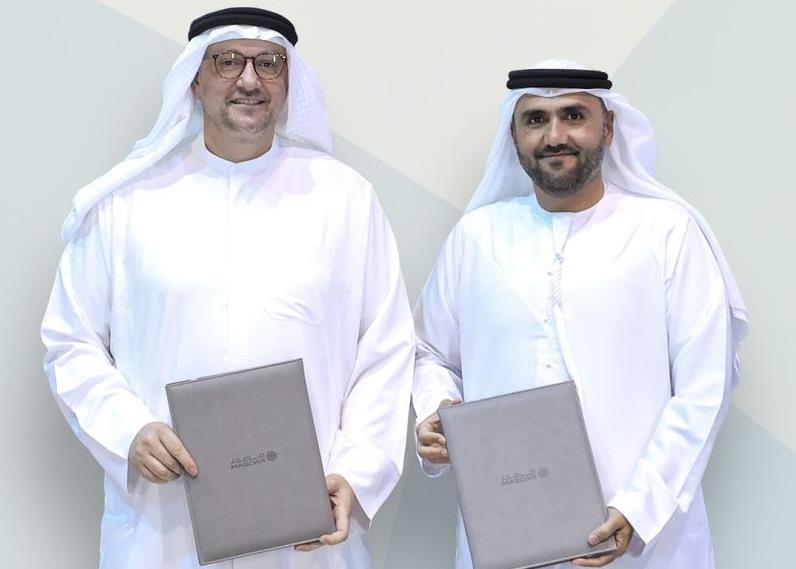
Total oil production was running at about 160,000 barrels a day (b/d) on 7 May, less than 10 per cent of the level recorded before the start of the war for Iraq. About 100,000 b/d was being produced by the Basra-based Southern Oil Company (SOC), most of it for use in the 140,000-b/d South Refinery Company (SRC), which is operating at less than half its capacity. Most of the 60,000 b/d being produced by the Northern Oil Company (NOC)is being supplied to the 100,000-b/d Daura refinery. The NOC's 290,000-b/d Baiji refinery is expected to resume production by the middle of May.
The limited resumption of refined product output is creating chaos in the national power system, which depends on oil-fired generators. Shortages are also hitting road transport. Meanwhile, crude oil is building up in storage tanks in Mina al-Bakr, the principal oil export centre. US Army Corps of Engineers (USACE) executives say that exports could begin before the end of May if a legal method of selling oil is in place. At present, Iraqi crude oil can only be sold through the Office of the Iraq Programme (OIP), which runs the UN oil-for-food scheme due to expire on 3 June.
A gathering of 22 Iraqi oil executives at the Oil Ministry building in Baghdad on 3 May was told that Thamir Ghadhban had been appointed chief executive of the interim management team for the oil sector. Deputy director of the Office for Reconstruction & Humanitarian Affairs (ORHA) General Tim Cross and ORHA senior oil adviser Gary Vogler, a former ExxonMobil Corporationexecutive, made the announcement at a meeting of director generals heading seven Oil Ministry departments and 15 state oil companies, including NOC, SOC and SRC. Ghadhban, a UK-educated geologist, was director-general of the Oil Ministry's planning department in the 1980s. In late 2001 he was reappointed acting director-general for planning, but is reported to have been a critic of the regime of president Saddam Hussein.
Other important operational appointments include Ali Hassan as director-general of the State Organisation for Marketing Oil (SOMO), Jabbar Luaibi as director-general of SOC, Adel Qazaz as director-general of NOC and Thaer Ibrahim as director-general of the SRC. All the new director-generals report to Ghadhban and held operational positions under the previous regime.
Policy development depends on the appointment of an oil minister, which will not happen until a transitional government is appointed, possibly by the third national political meeting in Baghdad in early June. The minister is to be advised by an advisory board chaired by Phillip Carroll, former head of Shell Oiland president of Fluor Daniel Corporation. Three other advisory board members have been identified. Deputy chairman is Fadhil Othman, who was SOMO vice-president until 1991. He then took over as acting president from Ramzi Salman, who moved to Vienna to work at OPEC. Othman left SOMO in 1994 and is living in Turkey. Salman, who works as an adviser to Qatar's Energy & Industry Ministry, is reported to have been approached to join the oil reconstruction team. The other two identified figures are Mohammed-Ali Zainy, a former oil ministry official who left Iraq in 1982 and had been working most recently for the London-based Centre for Global Energy Studies, and Hashim al-Khersan, who was a senior oil industry official until leaving the country in 1991. Al-Khersan is now a Tunis-based Middle East manager for Pioneer Natural Resources, a Dallas-based independent oil firm.
Coalition officials are continuing to run large elements of the oil sector. Robert Spears, a BPoil pipeline specialist, is helping to run the SRC under Major Mark Tilley, a British army officer. USACE's Restore Iraqi oil (RIO) programme is headed by Tom Logdson. A team from Kellogg Brown & Root (KBR) started war damage assessment work at Iraq's northern oil fields on 1 May in its rehabilitation contract with the US Department of Defense. NOC officials say that the K3 pipeline pumping station at Haditha was destroyed in the first week of April. Looting and vandalism are now the major issues facing the reconstruction effort. USACE colonel Benjamin Schrader is in charge of supervising crude oil production in northern Iraq.
You might also like...

Neom seeks to raise funds in $1.3bn sukuk sale
19 April 2024

Saudi firm advances Neutral Zone real estate plans
19 April 2024

Algeria signs oil deal with Swedish company
19 April 2024

Masdar and Etihad plan pumped hydro project
19 April 2024
A MEED Subscription...
Subscribe or upgrade your current MEED.com package to support your strategic planning with the MENA region’s best source of business information. Proceed to our online shop below to find out more about the features in each package.




